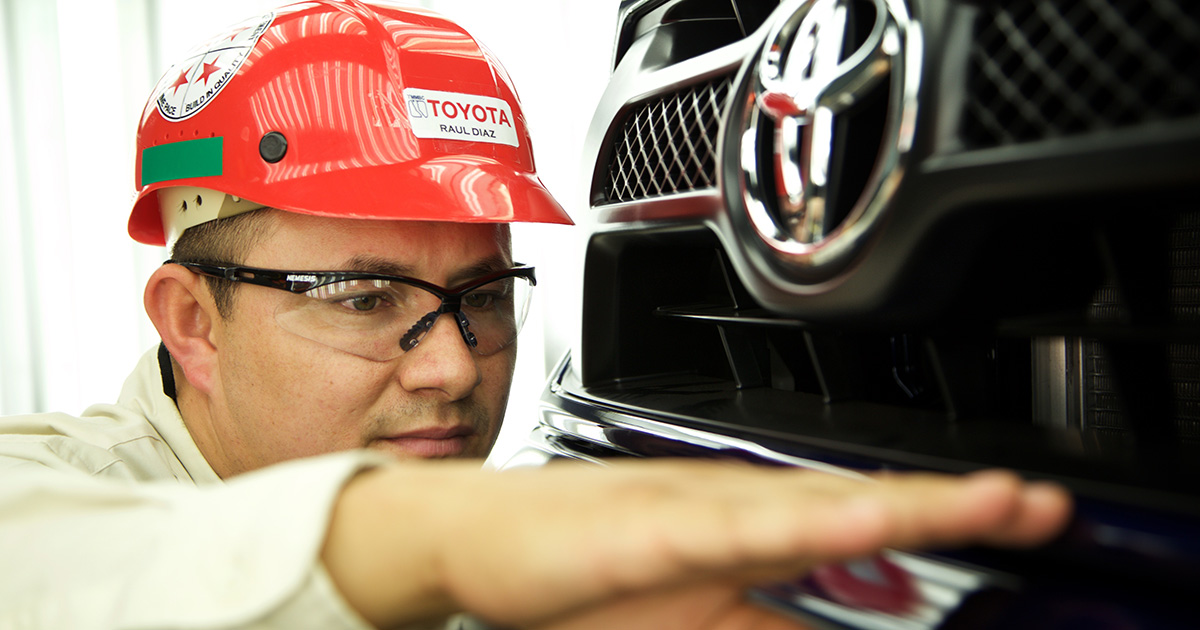That dramatic increase in mid-range torque without sacrificing efficiency on the A25A-FXS is quite impressive. At 3600rpm it's almost 25% more torque (almost matching the FKS). This is a proof that the Dynamic Force series has a lot of growth potential to make it relevant for many years to come. Actually there's no reason to not update all cars using the FXS to this new spec as the benefit is just too good.
The new electric motor seems to be an updated 2JM used on the last gen RAV4 hybrid/NX300h. The E-Four rear axle still needs improvement. It doesn't have enough torque to pull the car out when the front axle loses traction. While it's a significant improvement over last gen (basically useless) it's still worse than the DTC let alone DTV. Just go search for roller tests comparing RAV4 hybrid and one with DTC.
What worries me still is the lack of a common modular motor architecture. For the same 2.5L THS they are using three different motor families: JM, KM, and NM. These are relics of the 2010s when they needed to try all kinds of motor designs to optimize for each application. But today developing a new motor for each car isn't the most economical way and it goes against the TPS philosophy of a lean supply chain. Surely for E-TNGA they have to standardize and modularize everything.
The new electric motor seems to be an updated 2JM used on the last gen RAV4 hybrid/NX300h. The E-Four rear axle still needs improvement. It doesn't have enough torque to pull the car out when the front axle loses traction. While it's a significant improvement over last gen (basically useless) it's still worse than the DTC let alone DTV. Just go search for roller tests comparing RAV4 hybrid and one with DTC.
What worries me still is the lack of a common modular motor architecture. For the same 2.5L THS they are using three different motor families: JM, KM, and NM. These are relics of the 2010s when they needed to try all kinds of motor designs to optimize for each application. But today developing a new motor for each car isn't the most economical way and it goes against the TPS philosophy of a lean supply chain. Surely for E-TNGA they have to standardize and modularize everything.



